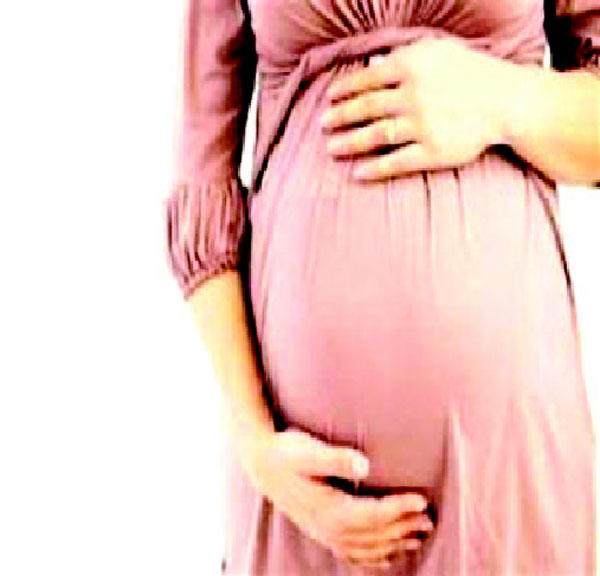
No fewer than 2.5 million teenage girls and women are wreaked with unwanted pregnancy annually in Nigeria, with over 121 million unintended pregnancies every year, worldwide.
A report issued by the United Nations Population Fund, UNFPA, entitled: “2022 State of the World Population (SWOP)†having its theme as; “Seeing the Unseen: The case for action in the neglected crisis of unintended pregnancy,†said that one in two pregnancies take place in the bodies of girls who did not affirmatively choose pregnancy or motherhood.
According to the report, globally, an estimated 257 million women who want to avoid pregnancy are not using safe, modern methods of contraception, and where that is available, nearly a quarter of all women are not able to say no to sex.
“60 percent of unintended pregnancies end in abortion and an estimated 45 percent of all abortions are unsafe, causing 5 – 13 percent of all maternal deaths, thereby having a major impact on the world’s ability to reach the Sustainable Development Goals,†the report added.
It maintained that, “The number of unintended pregnancies that occur every year — 121 million, or 331,000 per day on average — represents a global failure to uphold a basic human right. And that failure is expected to grow.
“While recent data also show that, worldwide, the unintended pregnancy rate fell between 1990 and 2019, continued global population growth means that the absolute number of unintended pregnancies will keep rising without decisive action.
“Delivering the sexual and reproductive health services individuals and communities need will only become more difficult in the face of tectonic shifts like climate change, conflicts, public health emergencies and mass migration.
“These megatrends will test the capacity of health systems even as demand grows, especially in the world’s least-developed countries, where crises will be felt most acutely and where services and resources are already in critically short supply.â€
In Nigeria, it is estimated that about 19 percent of teenage girls aged 15-19 years in the country, are either pregnant with their first child or have given birth.
The statistics revealed by the National Population Commission Chairman, Nasir Isa-Kwarra, said that 27 percent of teenagers in rural areas are likely to commence childbearing compared to 8 percent in the urban centres.
He said, “Nigeria women and girls represent almost half of our entire population and out of which half of them are in their reproductive years (age 15-49 years); those aged 10-14 years, represent 12 percent and 14 percent are adolescents. These population groups constitute the groups of interest in this year’s SWOP report.
“Unintended pregnancy connects with age at first marriage. Early/Child/Forced marriage constitute a huge challenge, where 43 percent of girls marry before their 18th birthday, while 8 percent marry before their 15th birthday.
“This experience is contributory to prevalence of teenage childbearing currently at 19 percent. Much more, 27 percent of rural girls have commenced motherhood compared to 8 percent in the urban areas. Also, 29 percent of teenagers in the North West have begun childbearing as well, which is highest amongst all the regions in Nigeria.
“Only 11 percent of our women were reported to have opportunity to make decision about their own health care; while 33 percent do it jointly with their husband.â€
To this end, he explained that 19 percent of currently married women and 48 percent of sexually active unmarried women, have unmet need for family planning, which he emphasised exposes them to unintended pregnancy and denying them opportunity for self actualization.
